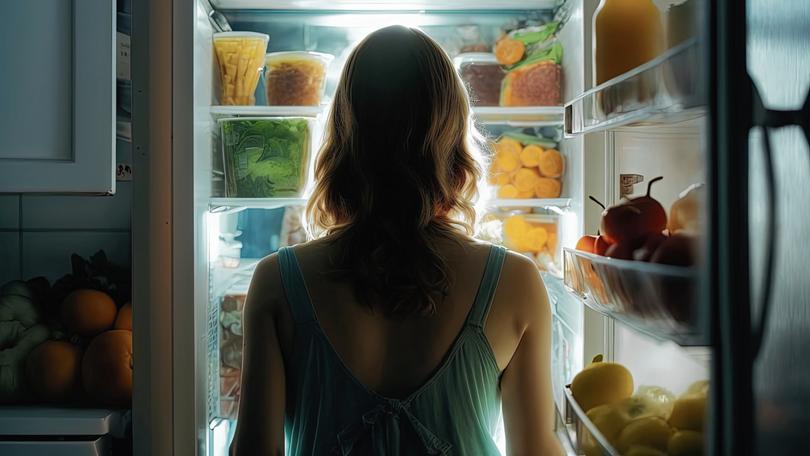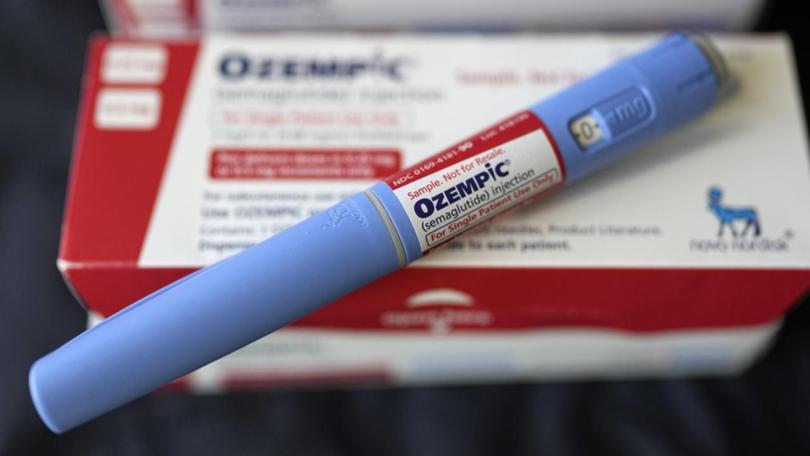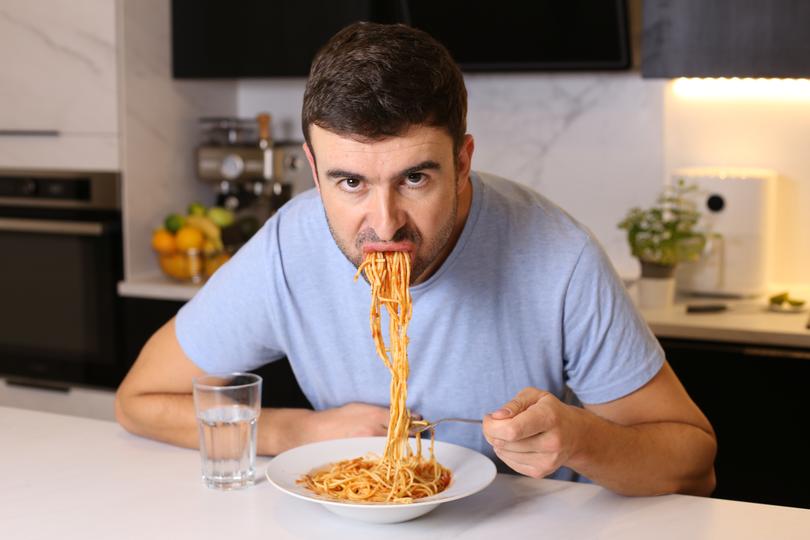CNBC Nutritional needs are ‘shifting’ amid rise of weight loss drugs like Ozempic, Wegovy, says Nestle CEO
The rise of weight loss drugs means consumers’ nutritional needs are ‘shifting’, now one of the world’s biggest food brands is pushing to meet the change.

The meteoric rise of weight loss drugs means consumers’ nutritional needs are “shifting” which provides new opportunities for food companies, Nestle CEO Mark Schneider told CNBC.
Investors were initially concerned about the popularity of GLP-1 drugs such as Wegovy and Ozempic as it was assumed that people on the drugs would consume less food, Schneider told CNBC’s Silvia Amaro.
But that perspective has since changed, he said.
Sign up to The Nightly's newsletters.
Get the first look at the digital newspaper, curated daily stories and breaking headlines delivered to your inbox.
By continuing you agree to our Terms and Privacy Policy.“I think what since has emerged is that nutritional needs don’t go away. They’re just shifting,” he said.
“So, you know before, during, after GLP-1 therapy — consumers still have nutritional needs, but they may be different from someone who is not on a weight loss regimen.”
According to Schneider, consumers who are on weight loss medication have different nutritional needs.

Users of the GLP-1 drugs need to focus more on protein intake to retain muscle mass as well as ensuring enough vitamins and micronutrients are consumed, he said.
This serves as an opportunity for Nestle to bring science to the table and then “work on what we call companion products, products that really then address some of the specific consumer needs during that treatment,” Schneider said.
‘An interesting addition’ to the food industry
Nestle is looking to capitalize on the popularity of the GLP-1 drugs with its “ambitious goal to push the healthier products,” the CEO said.
The GLP-1 drugs will “certainly be an interesting addition to all the other needs that we’re trying to meet in the food industry,” Schneider told CNBC, adding that even as the importance of the drugs grows, they will not become the sole focus for food and drink companies.
While GLP-1 users may look out for products that are tailored to their diet and the impacts of the medication such as feeling satiety sooner than before, not all consumers will have the same goals.
“Remember, there’s going to be a lot of consumers out there that are not on an GLP-1 diet. And there is lots of situations where a snack and a chocolate product may still be of a lot of interest. So it doesn’t go away,” Schneider explained.
Consumers will also all be at different life stages, from infancy to the elderly, and therefore have different nutritional requirement that are met with different products, he added.
Frozen food range for GLP-1 users
Even though long-term effects of GLP-1 weight loss treatments are still uncertain and concerns about side effects persist, Schneider said it is important to respond to them as a “major consumer trend.”
The Swiss food and beverage giant announced earlier this month that it was launching Vital Pursuit, a frozen food range that targets those taking GLP-1 drugs.
Twelve products are set to hit supermarkets later this year, including pastas, pizzas, and sandwich melts. All meals will include at least one essential nutrient such as calcium or iron.
Foods that are traditionally not linked to weight loss like pizza will be included to provide consumers with variety, Schneider told CNBC.

“But the most important part is all of them are going to be portion controlled,” he said.
“Then the micronutrient status is very important. So we’re adding vitamins to be sure that all the central needs of these consumers are met.”
Nestle is also planning other “companion offerings” for consumers taking weight loss drugs, both in the US, where Vital Pursuit products will launch, and elsewhere, Schneider said.
“Some of these products will also make a lot of sense to consumers, if they’re not on a GLP-1 treatment, but another type of weight loss treatment, because the same fundamentals apply, and that is you want to be sure that you’re losing fat and not lean muscle mass and you want to be sure that you don’t develop any vitamin deficiencies,” Schneider said.
This article first appeared on CNBC.
